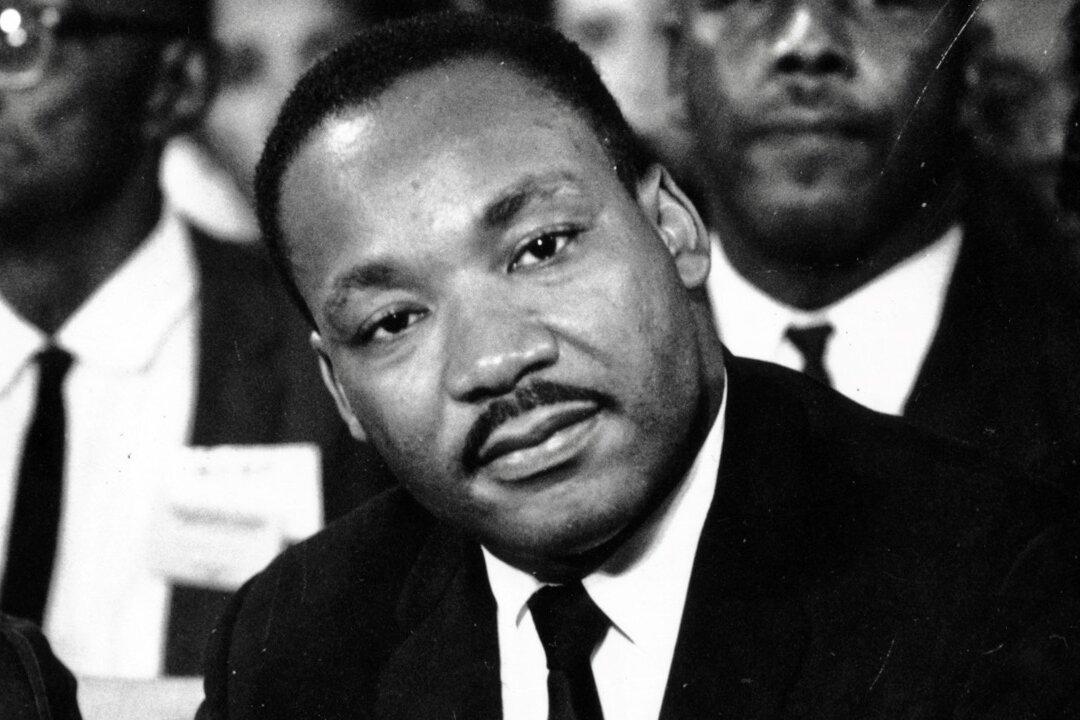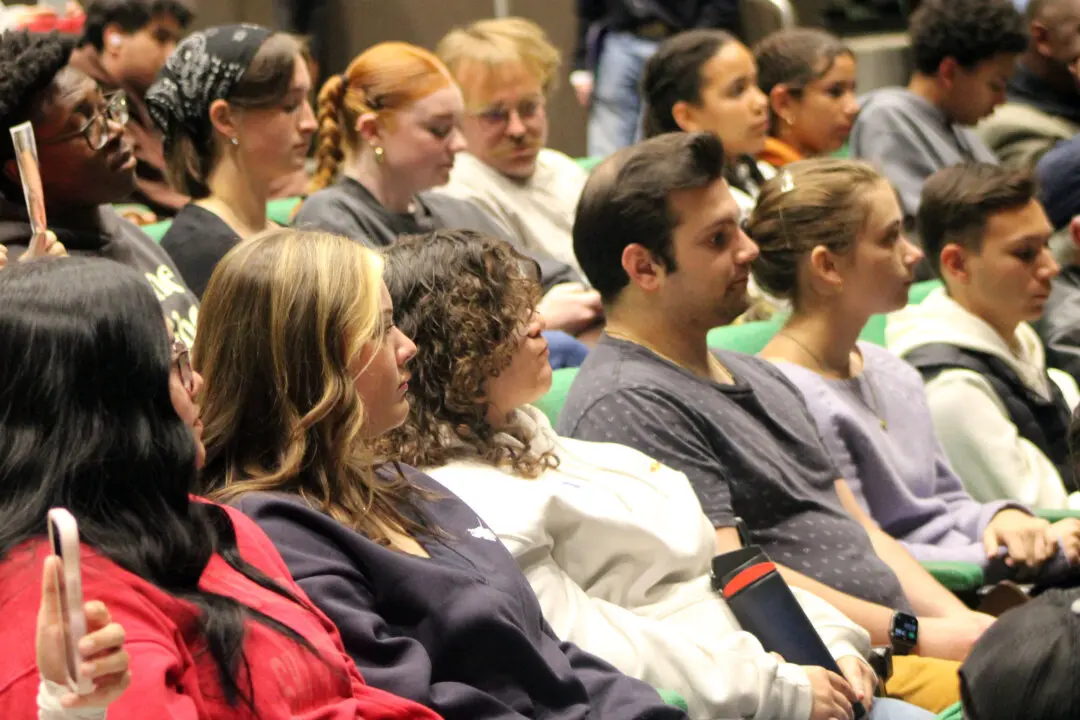Commentary
Around this time of year, during the birthdate of Martin Luther King Jr., Jan. 15, 1929—just ahead of Black History Month in February—pundits from all points of the political spectrum attempt to interpret King’s legacy. Most portrayals contain elements of accuracy, but unfortunately many have attempted to hijack his legacy by anchoring it to class warfare and other grievances.





